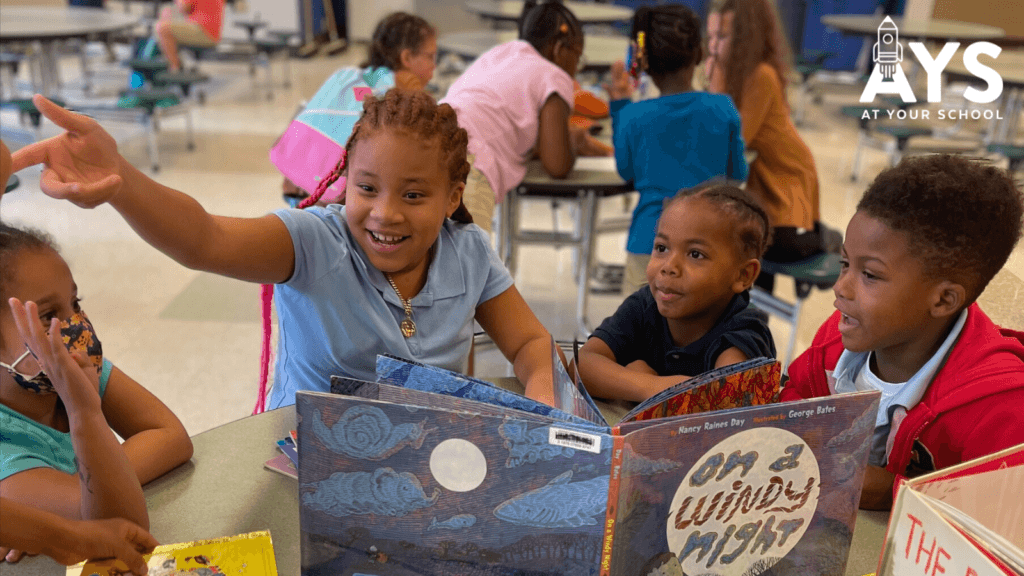
One of the silver linings of the pandemic was bringing mental health awareness to the forefront of everyone’s mind. With the world turned upside down, young people and adults from all walks of life experienced big feelings like anxiety, depression, and frustration. Though COVID-19 is now better managed, we have new tools to support the mental wellbeing and general health of families. Whether or not your child is currently having mental health challenges, it is important to show that you love and support them, that you can help them navigate tough times, and that you are always there for them.
Here are five tips for supporting your child’s mental health:
We can help our children learn how to deal with big emotions in healthy ways by showing them how. Practice calming coping skills like deep breathing, using stress balls, making art, or walking it off with your child and talk them through trying these techniques on their own.
Involve your kids in decision-making.
Finding ways to include your child in making decisions can help them feel that they are heard and valued in their home. Something as simple as asking them whether they think you should prepare rice or macaroni and cheese with dinner can show them they have a voice and give them the confidence to use it.
Allow them to experience distress and failure.
We know it can be a challenge for parents to fight the urge to swoop in and stop their kids from experiencing heartache or failure, but those distressing experiences are key in building a child’s mental health. Standing on the sidelines and allowing room for failure will build resilience and understanding.
Be intentional and attuned to the conversation.
Paying attention to your child’s verbal and nonverbal cues helps identify when your child needs support, which allows you to respond empathetically to meet those needs. Children can sense if their parents are interested in them and if their parents approve or disapprove of them, so staying present helps children develop a secure foundation where the feel safe to experience their feelings.
Balance your expectations of closeness and compliance.
Rule making and breaking can be one of the biggest pain points between parents and children, but at the end of the day – is being obeyed more important to you than being close to your child? Looking for everyday opportunities to lead with empathy and foster closeness can help create a healthy relationship, which makes it easier for your child to come to you when they are facing a problem.
At AYS, we promote positive mental health by cultivating responsive relationships, emotionally safe environments, and skills development through the curriculum we offer in every program. School is almost out – make sure your child stays engaged mentally and connected emotionally by enrolling them in one of our Summer Days camps! Learn more here.
